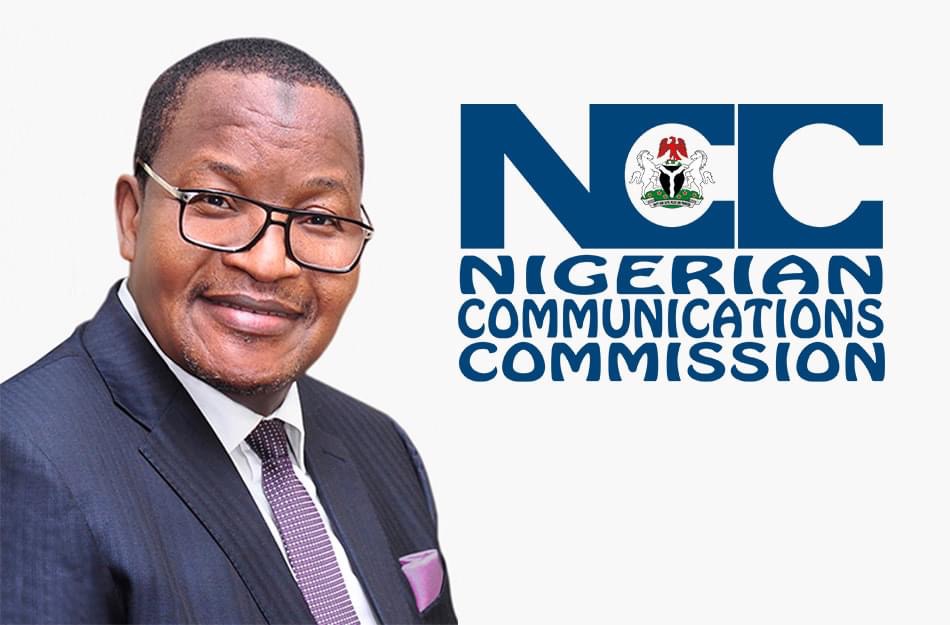Major stakeholders in the telecom industry, led by the industry the Nigerians Communications Commission, (NCC), the industry regulator have agreed to work together on the rising data depletion complaints from telecommunication services consumers with a view to mitigating the challenge in the industry.
The stakeholders, who spoke on the increasingly worrisome challenge at the 91st Nigerian Communications Commission (NCC) Telecom Consumer Parliament (TCP) with the theme convened ‘Data Depletion: Discussions on Various Perspectives’ by the NCC in Abuja, agreed that there was an urgent need to collaboration on ways of mitigating data depletion rate in the industry, especially through continued enlightenment of consumers, to ensure that they get more value for their data subscription.
The Executive Vice Chairman/Chief Executive Officer of NCC, Prof. Umar Danbatta, in his opening remarks at the forum, said that the meeting was convened “to deliberate on the issue of data depletion, which has become one of the most prevalent complaints received from the telecom consumers in the wake of their recent migration to 4G/LTE technology.”
Danbatta, who was represented by the commission’s Director, Licensing and Authorisation, Alhaji Mohammed Chubado Babajika, noted that telecom consumers had been experiencing depletion of their data either as a result of data usage and that they had been channeling their grievances over the ugly situation through various complaints channels.to the Commission for regulatory interventions experience
According to him, as Nigeria is moving with the rest of the world towards 5G technology following the issuance of 3.5GHz spectrum licenses to MTN Nigeria Communications Limited, MAFAB Communications Limited and Airtel Networks Limited, changes in data consumption rate is an issue that consumers should appreciate and understand.
The EVC clarified: “It is pertinent to know that whereas 4G offers better download speeds, higher bandwidth and voice quality than 3G technology, 5G technology provides the additional benefits of ultra-high speed data, low latency and higher bandwidth over 4G technology.
“It is, therefore, important that we completely appreciate and understand the issues surrounding data depletion, its usage and consumption in the era of 4G technology before we fully commence 5G usage.
“The interest of the telecom consumer is of paramount importance to us and as the telecom regulator, we have the responsibility of ensuring that the consumer’s voice is heard, and that the relevant authorities address their complaints”, Danbatta added.
In his paper delivered at the event, the Acting Secretary of the Association of Licensed Telecommunications Operators of Nigeria (ALTON), Mr. Gbolahan Awonuga, primarily blamed the abnormal data depletion on technical and non-technical factors, adding that the upgrade from lower to higher networks by subscribers usually contribute to higher data usage.
He explained that sending and receiving mails, downloading and uploading large files, videos and pictures, browsing on internet, use of different social media platforms on regular basis, gaming, allowing background apps to run unchecked as well as watching online videos usually contribute to higher data depletion.
Other speakers who spoke on the topic, including the NCC Deputy Director, Technical Standards and Network Integrity, Engr. Edoyemi Ogoh and Dr. Wunmi Hassan, also aligned their views with the ALTON representative’s perspectives and charged consumers to be conscious of their data usage and avoid soliciting for unnecessary services.
Earlier in his opening remarks, the NCC’s Head, Consumer Affairs Bureau(CAB), Mr. Ayanbanji Ojo, said the Bureau was mandated by the Nigerian Communications Act 2003 to protect, inform and educate telecom consumers, adding that it is furtherance of the mandate that the Bureau organized the Telecom Consumer Parliament for exchange of ideas among industry stakeholders on how to address issues affecting the consumers of telecom services in the country.
Ojo explained that at the beginning of the TCP, it was a quarterly engagement that included so many invited consumers, adding that however, it has been redesigned to twice a year and limited to the telecoms regulator and service providers, the consumer advocacy groups, and other critical stakeholders.






